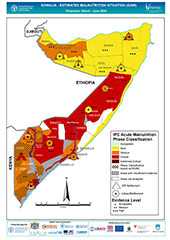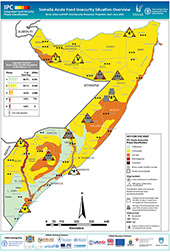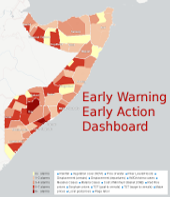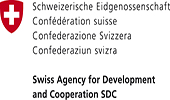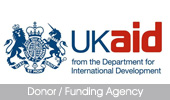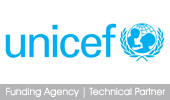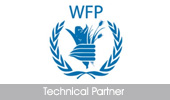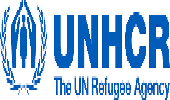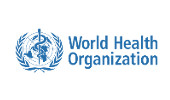DESPITE IMPROVEMENTS, ALMOST 1 IN 5 SOMALIS FACE HIGH LEVELS OF ACUTE FOOD INSECURITY; 1.7 MILLION CHILDREN LIKELY TO SUFFER FROM ACUTE MALNUTRITION
Issued: February 15, 2024
Overview
Heavy rainfall, flooding across Somalia, exacerbated by lingering effects of previous droughts have driven 4 million (21% of population) to IPC AFI Phase 3 or worse (Crisis or Emergency) between January and March 2024. Of these, 3.2 million people (17 percent of the population) are in IPC AFI Phase 3 (Crisis), and around 800,000 people (4 percent of the population) are experiencing worse conditions in IPC AFI Phase 4 (Emergency).
In comparison to the same period last year, when approximately 5 million people were classified in IPC AFI Phase 3 or worse due to protracted drought, the current figure represents a 20% reduction in the number of food insecure population. This is attributed to better rainfall over the past two seasons which have positively impacted livelihoods and sustained humanitarian assistance.
In the projected period from April to June 2024, when normal to above-normal Gu rains are anticipated, further improvement of the food security situation is expected. As a result, the number of people facing IPC AFI Phase 3 or worse is expected to decline by 15% to 3.4 million. Most of this improvement is expected in rural areas where enhanced pasture and water for livestock and increased agricultural activities in crop-dependent areas are foreseen.
In terms of nutrition, an estimated 1.7 million cases of children aged from 6 to 59 months face acute malnutrition between January and December 2024, including 430,000 who are likely to be severely malnourished. Overall, the analysis findings shows that high levels of acute malnutrition persist in many areas. Of the 50 population groups included in the 2023 Deyr analysis, IPC AMN Phase 4 (Critical) was observed in 20 population groups. Additionally, 17 population groups were classified in IPC AMN Phase 3 (Serious), while the remaining 13 population groups were classified in IPC AMN Phase 2 (Alert)
Despite funding constraints and scaling down, humanitarian assistance has continued to play a critical role in preventing the worsening of food security and nutrition outcomes in many areas throughout 2023. However, high levels of food insecurity and acute malnutrition will persist through at least mid-2024 if additional funding is not secured to scale up and sustain humanitarian assistance.
To download the full report click here
